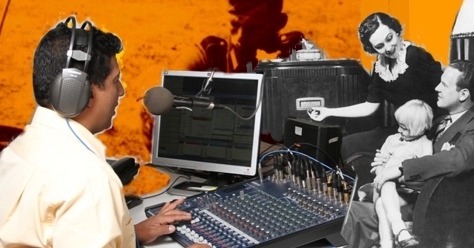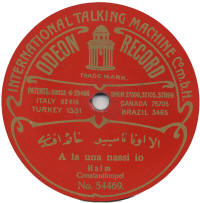Hosted by the Archives of African American Music & Culture at Indiana University, Black Grooves is a review site that aims to promote black music by providing monthly updates on interesting new releases and quality reissues in all genres—gospel, blues, jazz, funk, soul, and hip hop, as well as classical music composed or performed by black artists.
Reviews of selected new discs and DVDs are featured, with occasional attention to books and news items. An extra effort is made to track down releases by indie, underground, foreign, and other labels that are not covered in the mainstream media. While the primary focus is on African American music, related areas such as Afropop and reggae are also covered.
This post is part of our series celebrating Black History Month. Throughout February we will be posting about resources and landmark writings in black studies. Click here for a continuously updated page of links to all of our posts in this category.











